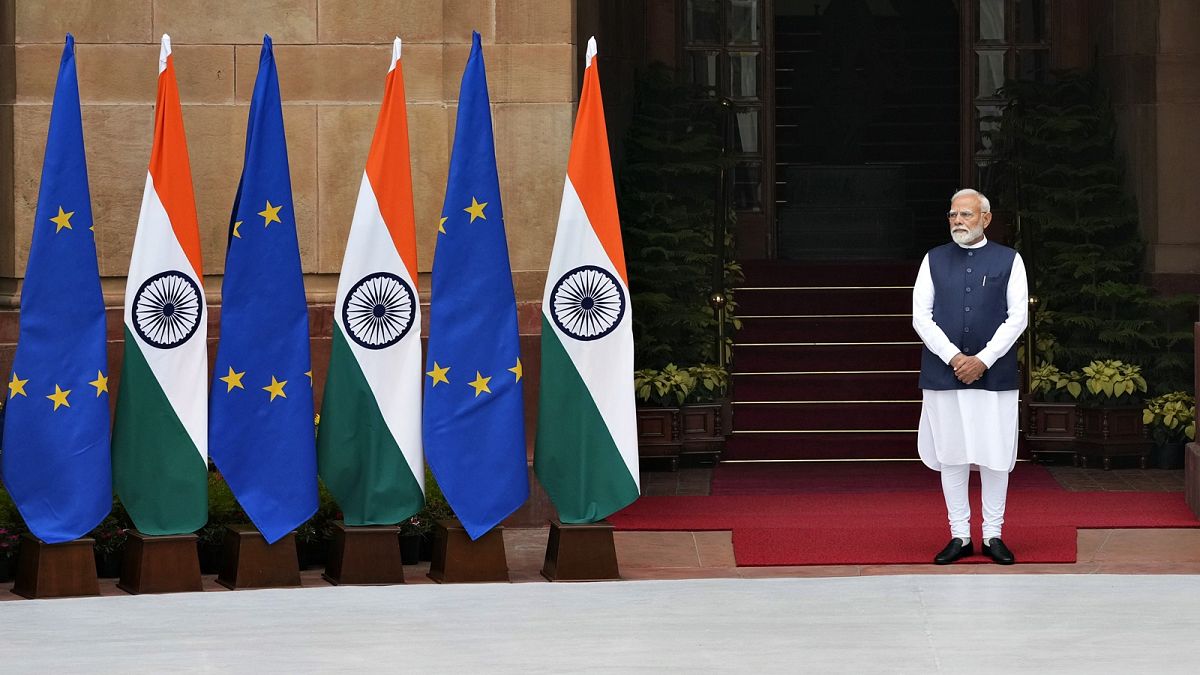

In an evolving geopolitical landscape, the European Union (EU) is steering its diplomatic course towards reinforcing relationships with key global partners, reflecting both new opportunities and challenges. As relations between India and the United States experience a downturn, the EU is finding common ground with New Delhi, setting the stage for a vital strategic alliance.
Amidst these developments, the EU’s focus on India signals a desire to tap into the rapidly growing Indian economy while sharing common values on global issues. This relationship comes at a time when the U.S. has shifted its diplomatic stance, prompting New Delhi to explore other key international partnerships. The EU, in turn, is keenly aware of India’s potential to be a counterbalance to other economic and political forces in the region. In the context of global trade and geopolitical stability, this strengthened partnership could drive substantial growth for both parties.
In addition to its Asian pivot, the EU continues to play a profound role in supporting Ukraine, particularly as the nation navigates through these turbulent times. Just days after the EU delegation’s office in Kyiv was targeted in a missile strike by Russia, the spirit of resilience shines through. The EU’s commitment to Ukraine remains unwavering, with diplomatic and administrative activities resuming swiftly. The message is clear: Europe stands in solidarity with Ukraine, emphasizing its readiness to engage economically and politically despite ongoing security threats.
Further strengthening the EU-Ukraine bond, French President Emmanuel Macron announced that a coalition of 26 nations is prepared to offer military backing to Ukraine once the conflict subsides. This pledge includes a mix of reassurance forces and strategic presence across land, sea, and air domains. During a summit at the Élysée Palace, Macron stood shoulder to shoulder with Ukrainian President Volodymyr Zelenskyy, underlining Europe’s commitment to Ukraine’s sovereignty and future security. These promises of support are pivotal as European nations urge clarity on the level of commitment from transatlantic partners, notably seeking a clearer stance from the United States.
While the exact scale of U.S. involvement remains in question, European leadership seems poised to ensure that Ukraine receives comprehensive international support. Such assurances are not only critical for Ukraine’s future but also for the broader context of European security and stability.
These diplomatic maneuvers reflect the EU’s adaptive strategy amidst a rapidly changing global environment. By deepening ties with India and firmly supporting Ukraine, the European Union underscores its role as a pivotal player in global affairs, fostering unity, prosperity, and peace across borders. As global alliances shift and adapt, the calm, calculated approach of the EU will likely continue to serve as a beacon of stability and cooperation. With eyes set on a collaborative future, these strategic relationships reveal much about the EU’s priorities and values in an interconnected world.
Source: {link}
